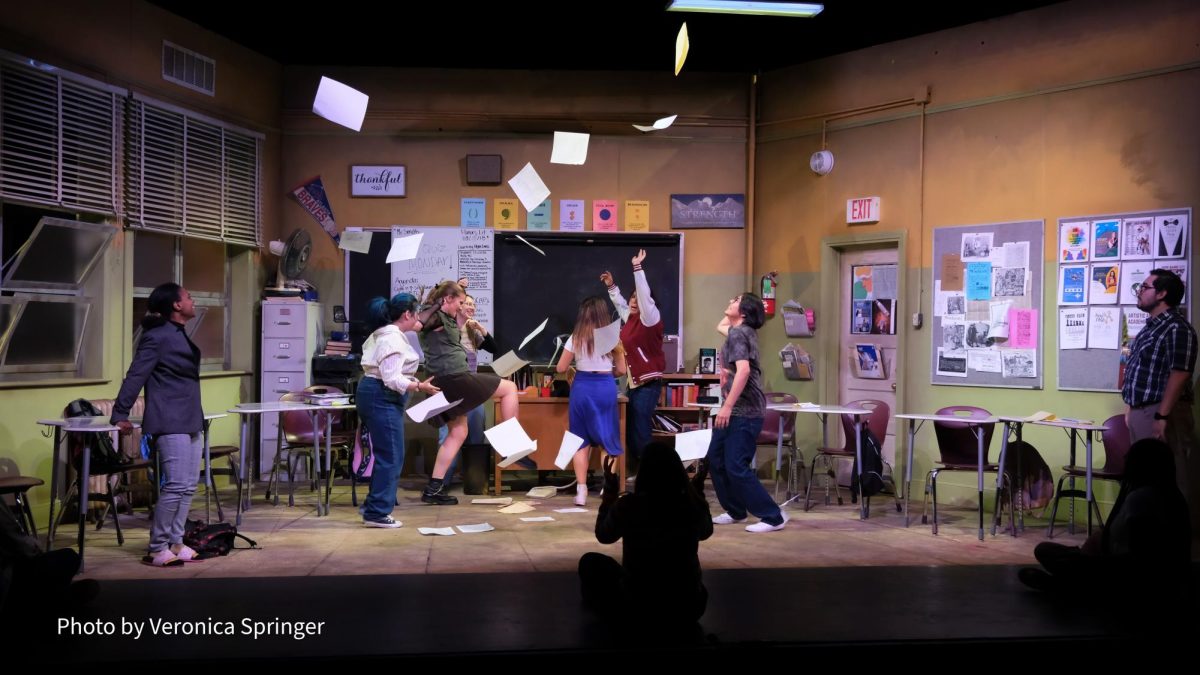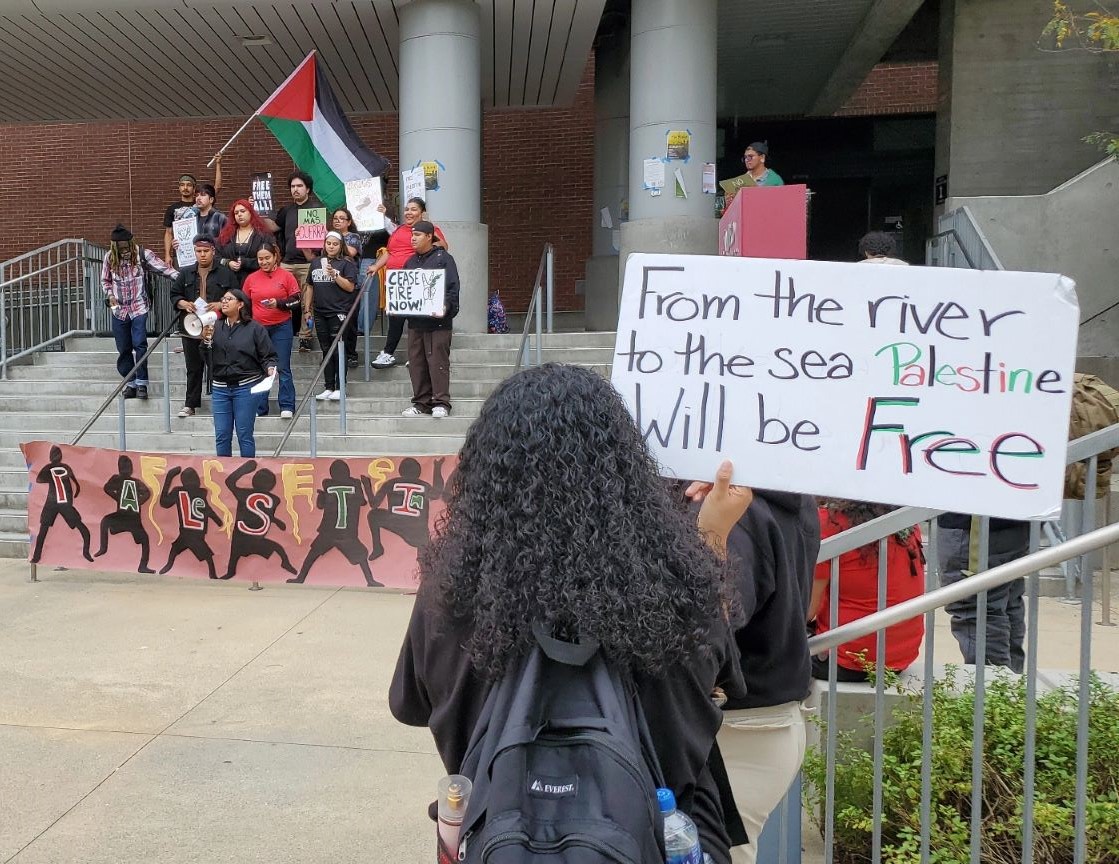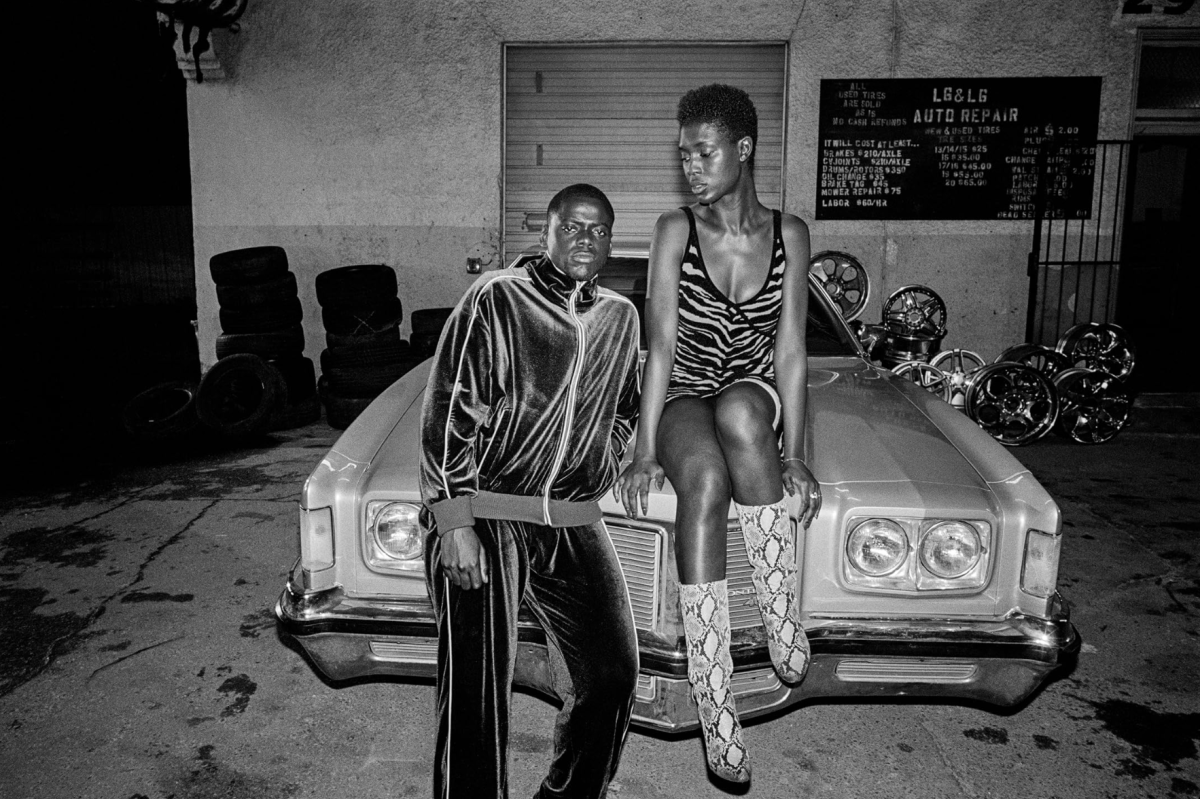Mexico signed a treaty for tolerance and respect of sexual orientation but doesn’t fulfill it. For example, professor Agustin H. Estrada now suffers from the social silence surrounding him, which hurts more than the injuries that almost killed him.
In Oct. 2010, Estrada told his story to Punto de Partida, a news show in Mexico.
“On May 17, 2007,” Estrada said, “I was invited by the Human Rights Commission of the State of Mexico to participate in the Fair Fight Against Homophobia, promoting respect for sexual diversity.”
Estrada, who was the director of a school for children with special needs, said he wore a red dress and high heels to the event. Afterward, he was asked to resign from his position, and the education authorities of the state of Mexico forced him to take a leave from his job because he was “a bad example for children.”
On May 7, 2009, Estrada was denied entrance to the government palace in Toluca, even when invited by the education authorities. Instead, he was beaten, arrested and sent to jail.
“The guards tied me with my own clothes and displayed me at the jail to inmates who screamed ‘Give it to me! Here comes the puto!'” Estrada told me.
“I was raped by 500 inmates at the patio in Almoloya jail,” he said.
In Mexico, torture is allowed, along with extrajudicial execution and disappearance. With complete impunity for the perpetrators, acts like this happen every day.
Mexico has Latin America’s second highest rate of crimes against gay people, surpassed only by Brazil. In a country where more than 80 percent of the population is Catholic, it is not uncommon to hear messages from leaders such as Archbishop Cardinal Norberto Rivera Carrera, who has said it is “immoral, unacceptable and reprehensible” to accept gay unions.
According to Mexican newspapers Milenio and El Universal, in August 2010, the Archbishop’s statements against gay marriage and adoption were filled with the word “aberration” against the family. This constant message promotes hatred and discrimination against people who are gay.
“The day we celebrate ‘the Cry for the Independence,’ I entered my home and felt a plastic bag over my head, trying to choke me and kill me,” Estrada said. “Then they raped me with a tube.
“I heard them saying, ‘We told you to stay quiet, and you did not understand, you fucking fag.” One of the men added “this is for Pena Nieto.”
A report from the Mexican Red Cross verifies that on Sept. 15, 2010, Estrada was found gagged and blindfolded with a plastic bag over his head and appeared to have been raped.
“My family and the group that was helping me decided that I had to leave Mexico,” Estrada said. “The next morning, I took a plane to Tijuana. I could barely walk. I got to the line walking slowly, thinking with fear that immigration may stop me.
“I crossed the border, took any bus, and I got off at the station that read ‘City College.'” Since then, Estrada has been homeless in San Diego, sleeping in parks and trying to support himself by gathering cans and other recyclables.
Mexico’s constitution says all are equal before the law and all have the same rights. But because of ignorance and prejudice, people who are gay suffer a lack of protection by the state, which does not protect them from discrimination or enforce their human rights.
In Mexico, igualdad – equality – is still just a word, not a priority.







